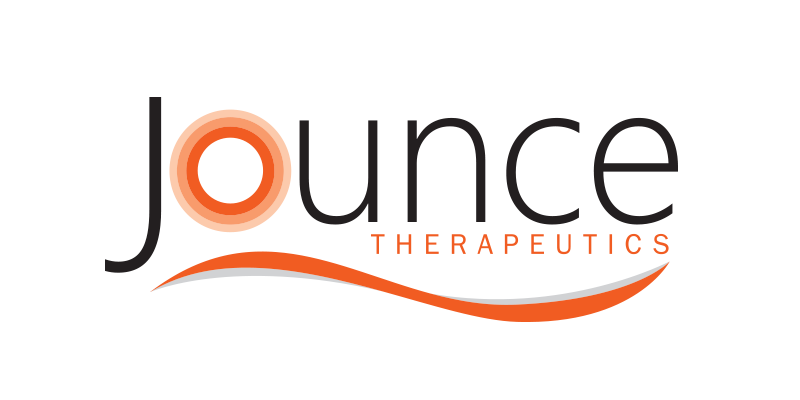Jounce shares crash after it abandons immunotherapy combination trial

Shares in Jounce Therapeutics are down sharply after it emerged that its immunotherapy combination with Bristol-Myers Squibb’s Yervoy will likely fail to produce results in non-small cell lung cancer.
Jounce was combining its vopratelimab with BMS’ already-approved Yervoy, hoping that the experimental drug will bolster the T-cell attack called in by the big pharma’s immunotherapy.
But an early look at the data from the phase 2 EMERGE trial showed that the combination is unlikely to work in a group of patients already treated with a PD-1 or PD-L1 immunotherapy such as Merck & Co’s Keytruda.
Results from the 22 patients treated with the highest dose of vopratelimab in combination with Yervoy showed only one patient with a confirmed overall response based on standard criteria, although tumours did seem to shrink in 12 patients.
There were no confirmed responses in two other arms of 18 and 10 patients respectively treated with a lower dose of vopratelimab in combination with Yervoy.
Only nine patients remained on the study, including four patients continuing to benefit from vopratelimab alone with an overall survival across all groups of 11.6 months across all groups.
The data were short of the criteria to expand the trial requiring tumour reduction in at least 50% of patients, overall survival above 13 months and an overall response rate of 10% or above.
As a result the EMERGE trial will not be expanded, the company said, although the first patient has been dosed in the SELECT phase 2 trial, supporting vopratelimab in combination with the company’s own JTX-4014 in certain NSCLC patients untreated with immunotherapy.
EMERGE was testing the hypothesis that vopratelimab could swell the numbers of ICOS hi CD4 cells that are called in by Yervoy to attack tumours.
Shares in Jounce were down more than 18% on the Nasdaq following the announcement.
Jounce does have other strings to its bow however – in September it announced a deal with Gilead to develop another immunotherapy called JTX-1811.
This targets T-cells that have been taken over by tumours and suppress attacks from the immune system, and could be worth more than $800 million if trials work out.












